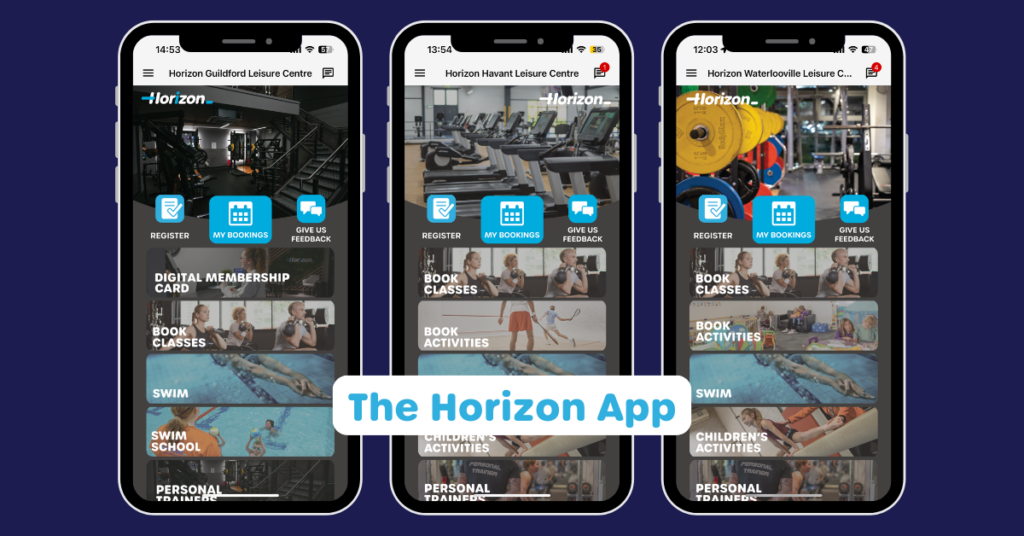Navigating the Fitness Tracker Landscape: Pros and Cons Unveiled

In the era of technological advancements, fitness trackers have become ubiquitous companions on our health and wellness journeys. From step counts to sleep patterns, these wearable devices promise to provide valuable insights into our daily activities. However, like any tool, fitness trackers have benefits and drawbacks. In this blog post, we’ll explore the pros and cons of using fitness trackers to help you make an informed decision about incorporating them into your lifestyle.
Pros:
- Activity Awareness:
Fitness trackers excel at providing real-time data on your daily activities, encouraging increased awareness of your movement patterns. This awareness can be a powerful motivator, prompting you to take extra steps or stay active throughout the day. - Goal Setting and Accountability:
Many fitness trackers allow you to set personalized goals, whether a step count, calorie burn, or specific workout duration. The ability to track your progress and receive notifications when you meet (or miss) your goals can provide a sense of accomplishment and accountability. - Heart Rate Monitoring:
Advanced fitness trackers often come equipped with heart rate monitors, offering insights into your cardiovascular health. This feature can be precious during workouts, helping you gauge the intensity of your exercise and optimise your training. - Sleep Tracking:
Sleep is a crucial aspect of overall health, and fitness trackers with sleep-tracking capabilities can offer insights into your sleep patterns. Understanding your sleep quality can help you adjust to improve your rest and recovery. - Community and Social Interaction:
Many fitness trackers come with social features that allow you to connect with friends or join communities. This social aspect can turn fitness into a more engaging and fun experience, fostering a sense of community and healthy competition.
Cons:
- Accuracy Limitations:
While fitness trackers have come a long way in accuracy, they are not infallible. Factors such as device placement, individual differences, and the type of activity being performed can influence data accuracy, leading to potential discrepancies. - Dependency and Obsession:
Some individuals may become overly dependent on their fitness trackers, leading to an unhealthy obsession with meeting daily goals. This dependency can create stress and anxiety if goals are not achieved, detracting from the overall purpose of improving wellbeing. - Battery Life and Maintenance:
Regular charging and maintenance can be a drawback for those who prefer low-maintenance accessories. Depending on the device, frequent charging and occasional software updates may be necessary, adding to the overall responsibility of ownership. - Cost Considerations:
Quality fitness trackers often come with a price tag, and the initial investment might not be feasible for everyone. Additionally, some trackers may require ongoing subscription fees for access to advanced features or analytics. - Privacy Concerns:
As with any digital device, privacy concerns can arise with fitness trackers. Users may be uncomfortable with the amount of personal data collected and the potential implications of sharing this information, even for health-related purposes.






